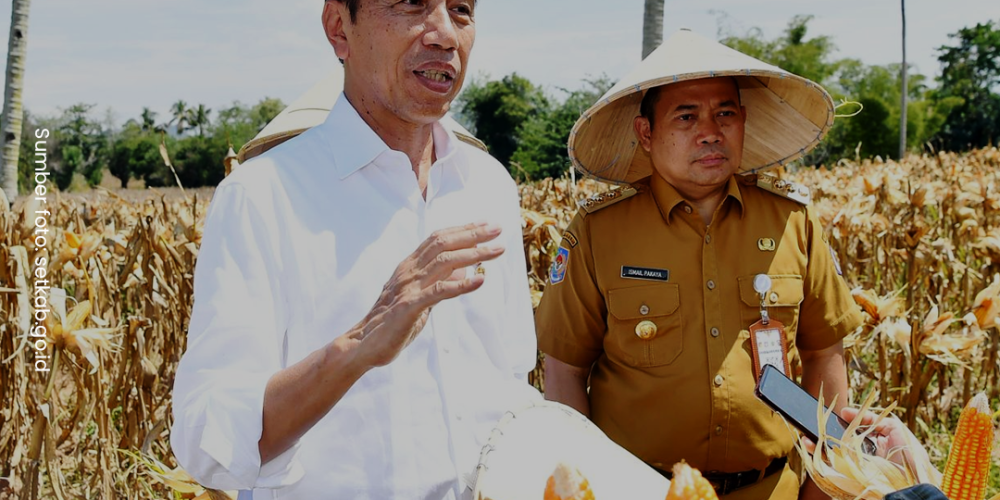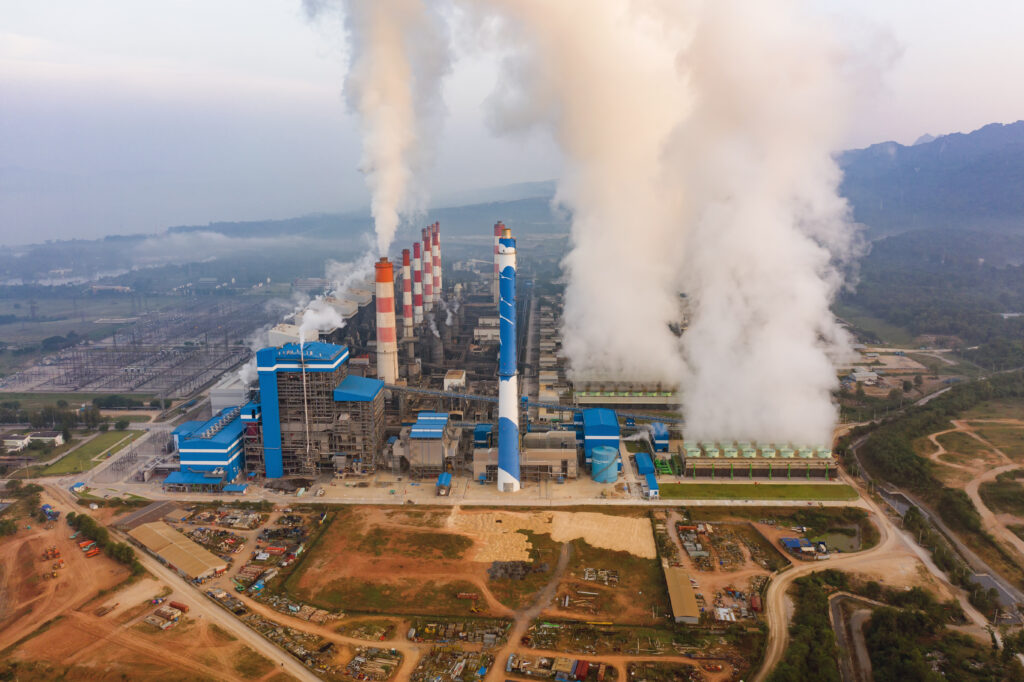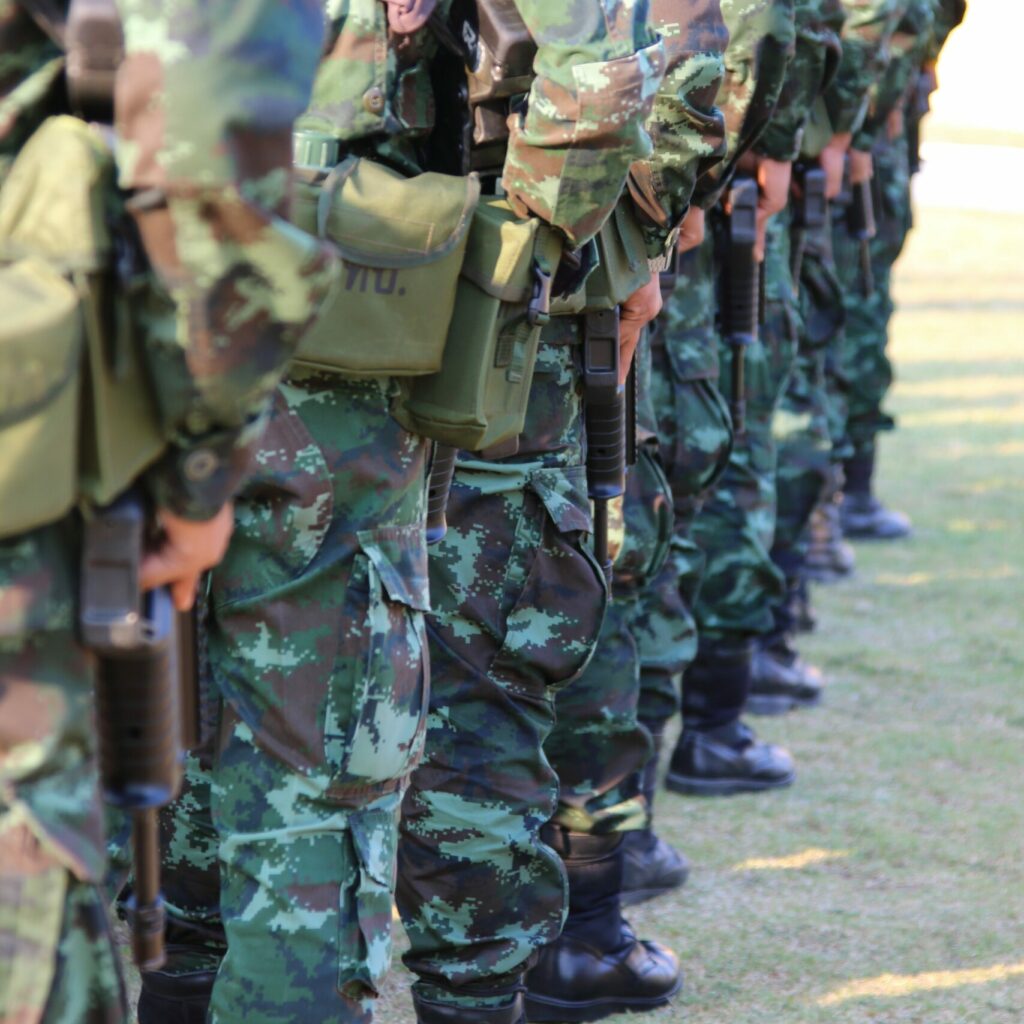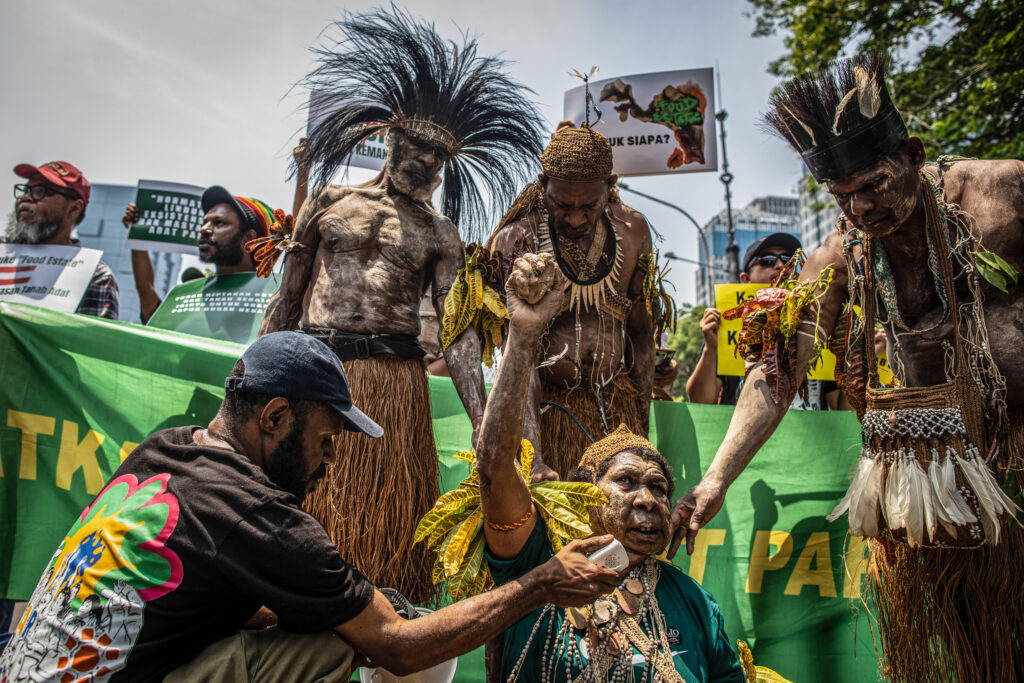Indonesia People’s Tribunal: Tribunal Court for the Joko Widodo Regime
Jakarta, 7 May 2024 – During the 10 years of President Joko Widodo’s administration, there are significantly high numbers of repressive actions from the state against the civil society which includes environmental destruction, shrinking space and rights of women, workers, and civilians, and the increasing number of corruption cases. Despite all of that, law enforcement and case resolution are very much unincluded due to the impunity for perpetrators that has been maintained in Jokowi regime. Towards the end of his era, Jokowi brought up his son, Gibran Rakabuming to run as vice presidential candidate in 2024 along with Prabowo by violating the constitution.
Civil society organisations are organizing Indonesia People’s Tribunals as an alternative mechanism to resolve legal disputes due to the government’s lack of initiative to provide space for democracy and upholding the constitution by ignoring the problems or the ongoing violations of people’s rights.
The government, led by Jokowi, targets law enforcement solely at civil society, turning a blind eye to higher-ups who violate human rights. This leaves civil society and victims fighting for their rights vulnerable and unprotected
“Human rights and constitutional violations occurred during the Jokowi regime which showed a decline in democracy and a denial of the principles of state law, which led to constitutional violations. We are being shown to violence, land grabbing, ambitious National Strategic Project (PSN) policies for the sake of the national policy, but evicting residents such as in Wadas, Rempang, Obi Island and Wawonii Island. “Therefore, it is appropriate to convene the People’s Tribunal because we are faced with a situation where legal mechanisms are lacking in favor of the people and constitutional violations continue to occur,” said Zainal Arifin from the Indonesian Legal Aid Foundation (YLBHI).
Jokowi once promised to resolve cases of serious human rights violations only to support his son to run in the presidential election with Prabowo Subianto who is responsible for human rights violations in the past.
“The depicted image of the Jokowi regime is full of corruption and heavily graphic conflicts of interest. The decision regarding the Presidential Election at the Constitutional Court is an example of the biggest conflict of interest at the moment. These two things are also the background to why the policies made by the government are oriented towards capital owners. A lot of the policies adopted by the Jokowi regime are not in favor of the public. Democracy is wiped out to defend their own interests. “Cabinet seats are full of contestation over business interests which ultimately influence the legislative, executive and judicial systems,” said Ahmad Ashov Birry from Bersihkan Indonesia.
Indonesia People’s Tribunal Demands
Jokowi’s Nawacita development program which resulted in widespread injustice became the nine sins or ‘Nawadosa’ which will be presented at the Indonesia People’s Tribunal.
The first sin is the shrinking of space and exclusion of society which occurred as a result of Jokowi’s investment ambitions. To launch its business, the government uses the words eco or green to create an environmentally friendly image which in reality, causes ecological damage and social problems, for example, in the case of IKN.
Second, violence, persecution, criminalization and discrimination against people who demand their rights, such as the cases of Wadas, Rempang, and the criminalization of workers. The phenomenon of “No Viral No Justice” is also a big example of law enforcement officials not processing violation reports before the reports go viral and receive social pressure from the public.
Third, crimes against humanity and the perpetuation of impunity which shows the downward spiral of the law during the Jokowi era. Cases of violence against people in Papua, including the Kanjuruhan incident which resulted in the death of hundreds of victims, are clear examples of impunity which means that cases of civil rights violations are never resolved due to the government’s negligence.
“The impunity which happened during this regime provides spaces for continued wrongdoings because there is no punitive mechanism. Therefore, the human rights violations that occur are facilitated by the state. “So, the solution must be left to a mechanism agreed upon by the people to eradicate impunity and demand accountability for serious human rights violations and crimes,” said Dimas Bagus Arya from Kontras.
Fourth, commercialization, uniformity and subjugation of the education system which has resulted in a chaotic academic system in Indonesia. Education, which is the basic right of every citizen, is actually commercialized with expensive education costs and is inversely proportional to the welfare of teachers.
Fifth, corruption, collusion and nepotism (also known as KKN) as well as measures to protect corruptors. Weak verdicts towards corruptors, the dismissal of KPK (Indonesia’s Corruption Eradication Commission) employees who resisted efforts to destroy the KPK, and the binding of the Chief Justice of the Constitutional Court to the Jokowi family are proof of the dilapidation of the legal system in Indonesia.
“The worst eradication of corruption occurred during the ten years of Jokowi’s administration. Of the many corruption cases totaling trillions of rupiah, less than 10 percent is returned to the state. Unfortunately, the president does not have a sense of responsibility to eradicate corruption cases. The government even cuts off its fangs to carry out the eradication of corruption cases. Apart from that, nepotism and dynastic politics were openly demonstrated during this year’s presidential election. “The anti-corruption spirit in the 1945 Constitution was actually undermined during Jokowi’s ten years,” said Yassar Aulia from Indonesia Corruption Watch (ICW).
“The sins of this current regime is weakening the eradication of corruption and what brings the most concern is legal and business certainty that can be seen from the practice of the “revolving door”. The analogy means that the government officials are businessmen and businessmen are the government officials. “Revolving door practice” has been normally implemented in Indonesia and has become one thing that we most emphasize in this People’s Tribunal”, said Bagus Pradana from Transparency Indonesia.
Sixth, exploitation of Natural Resources (also known as SDA) and false solution programs for the climate crisis. Massive exploitation of natural resources, such as the destruction of Eastern Indonesia for nickel downstream projects, electricity solutions that still use coal, and the use of biomass which cuts down forests on a large scale.
“Today we are mourning because a mining hole in Samarinda, East Kalimantan has taken the life of two nine year old students. From 2011 to 2024 there were 47 victims who died in the mining pits in East Kalimantan. The number does not include victims from other mining holes. In the mining sector, such as nickel mining, there are also high numbers of workers who died due to the very minimum safety and non proper work conditions. “The People’s Tribunal is also important as a means of holding the government and perpetrators accountable to justice,” said Muhammad Jamil from JATAM.
Seventh, a work system that impoverishes and oppresses workers as a result of the Job Creation Law which makes workers lose their rights, starting from a low wage system, partnering workers for investment reasons, neglecting the safety of industrial workers which continues to cost lives, partner work systems for online motorcycle taxis and rights -domestic workers’ rights never see the light of day.
Eighth, hijacking legislation, such as the ITE Law, Omnibus Law, Land Bank, Perppu on Mass Organizations, Mineral and Coal Law, and the new bill of Criminal Code (also known as RKHUP) which narrows democracy and increases violence against civil society.
Ninth, militarization and militarism to secure investment projects in PSN, led to the government sending the TNI (Indonesia Military Institution) to protect entrepreneurs’ projects.
“The ten years of Jokowi’s reign created a massive Nawadosa. Starting from here, the people will sue the Joko Widodo Regime Government in the Indonesia People’s Tribunal. This week the People’s Tribunal will formally summon them by letter and the defendant must answer our invitations. “The People’s Tribunal will be held on June 5 and will present the defendants, judges from this court not from the Constitutional Court, but judges from representatives of the community who really know the factual conditions that are currently happening,” said Meila Nurul Fajriah from YLBHI.
The conference “Indonesia People’s Court: Court for the Jokowi Government” can be watched here.
Contact Person:
Zainal Arifin – YLBHI
Ahmad Ashov Birry – Bersihkan Indonesia Coalition




